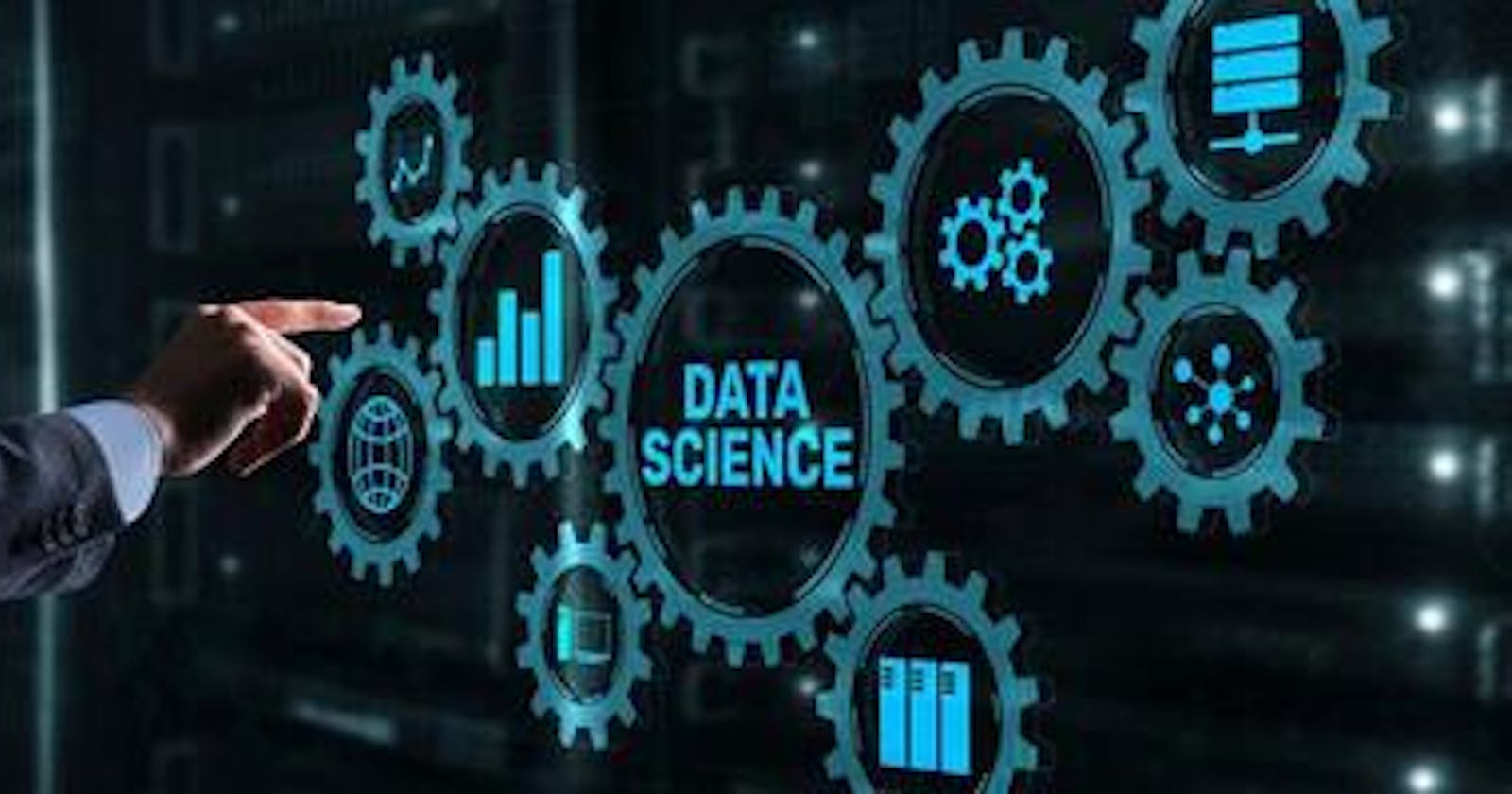Data Scientist vs. Data Analyst vs. Business Analyst: Which Role Is Right for You?
There is a world of job opportunities in data, data analytics, big data, and business improvement they can bring. If the numbers are right, it looks like demand will exceed supply. There are several possible data job names required, including Data Scientist, Data Analyst, Business Analyst, and Data Specialist. It is essential to home in on the one that best suits your skills and aspirations, perhaps leaving the door open to continuous career development later. However, be aware that people may use in many ways, sometimes even mutually. So, look at narrative each claim to make sure that at your next work assessment or hiring interview, you consent on what the job role includes, as well as its name.
Data Scientist
Often Data Scientist called unicorns, people with all of the required skills to fill this role are rare indeed. Fundamentally, a data scientist makes models for data-driven decisions, looking to the future, and showing initiative and innovation to build new solutions where required. Besides strong technical skills, use of Hadoop, statistics, programming in R and Python, math, data scientists should also be able to meet open-ended questions and casual research in ways that bring measurable business benefits to their organization. Ideally, they are curious by nature and can relate collectively to data, to organizational needs, and to the business audience that wants to hear about their results. Data scientists with all these capacities can be of significant value to their employers. They are the link between the data resources available to an enterprise and executives watching for chances to make the business better, faster, and stronger.
Data Analyst
Data analysts use current tools and algorithms to solve data-related problems, rather than to make new ones as data scientists might do. Programming and statistics are two primary technical skills for data analysts, as well as data visualization and data wrangling. They also put together use database queries to answer the questions of business users, complete new metrics from current data, strive to improve data quality, and contribute to the correct acquisition of further data. There is no complete rule about the use of this analyst job title. Data analysts in one organization might be called data scientists or statisticians in another. Overall, what often characterizes them is a focus on data collection, analysis, and manipulation, using standard formulations and methods, and acting as gatekeepers of an organization’s data.
Business Analyst
Usually, experts in their industry, business analysts must also have appropriate knowledge of handle data and indicating systems, while being able to communicate well at many levels. In common sense, the beginning point for business analysts is the assessment of the operational and functional needs of their organization. They then turn those requirements into system terms and look for the most enticing financing options for such systems. Database design is often a necessary part of the business analyst role. This involves database modeling, metrics definition, dashboard design, and creating and publishing executive reports. Business analysts may work together with data scientists and data analysts in areas like as metric definition and database design. The difference between all three categories can become blurred; for example, if a business analyst also produces code for new business systems and applications.
